Home and holidays are naturally associated with fun and a more relaxed atmosphere, and luckily, it’s absolutely possible to keep supporting your children’s progress in an enjoyable way.
Here are English activity ideas you can do at home, or outdoors. The best part? Most of the items you probably already have in your home.
Outdoor Activities
- Picture-Word Checklists
Before going to the supermarket or the park, make a picture-word checklist with your child. A visit to Chinatown, for example, could include rice dumplings, a lantern, a fan, a dragon, etc. As you spot these, let your child check them off the list.
For older children, words may be enough, but use pictures for younger children. Noticing patterns and details are very important for building literacy skills.
- Photo Tour
Give your child an old digital camera or camera phone, and let them take pictures of the things they see on their walk. Use this with the checklist idea above, or simply use the photos to talk about their adventure later – it encourages children to notice and remember details.
Indoor Activities
- Magnetic letter treasure hunt
Put a set of magnetic letters in a cloth bag. Have your child draw out a letter and say the sound. They then move around the room to find an item beginning with that sound. There’s no reason you shouldn’t race around the room to find an item too, for a bit of friendly competition!
- Toy Rescue
Kitchen tongs, or tweezers, are great for this activity. Use some of your child’s favourite small toys. Get your child to use the tongs/tweezers to move the small toys from one place to another, or from one container to another.
Beads could also be used with 5 to 6-year-olds. This can be quite absorbing, while also strengthening the hands and fingers in readiness for more regular writing.
Clothes pegs, pompoms and beads are good alternatives. You could also increase the challenge for older children by asking them to place the toys on particular words or letters spread around the room.
- Post-it Dash
If you have a Kindergartener who is beginning to read and recognise sight words, post-it notes are a fantastic resource.
Write some keywords (or other vocabulary) your child is becoming familiar with on separate post-it notes, and stick them around the room. On your signal, your child will collect three of the words and bring them back to you.
You will use them to create the best / longest / funniest sentence they can think of. A variation of this would be to stick up words from a favourite story. As you read the story together, the children will try to indicate any words on the walls matching those in the story. This could also be a race between you and your child for extra fun!
- Spot the Mistake
This works well with emerging readers who are familiar with the story you are using.
As you read the story, deliberately say some of the words wrong to encourage your child to correct you. Depending on the child’s age, they may be able to point to the word you got wrong, but this supports younger children’s listening skills too.
Remember that as language skills don’t develop in isolation, activities should reflect that. Activities such as those above will also support a range of desirable skills and behaviours, such as taking turns, using creativity, imagination and problem-solving.
Lastly, have fun!
Genuine enthusiasm is infectious and motivating, and the more your child sees you enjoying the activities with them, the more likely they are to want to participate.
Children will naturally be more motivated when they are interested in a topic, and this type of motivation is crucial to their development.
The article was contributed by Gillian Craig, Teacher at The British Council.
The British Council is the UK’s international organisation for cultural relations and educational opportunities. We offer preschool, primary and secondary English enrichment courses to help students gain confidence and the skills to excel in school, examinations and beyond. At the preschool level, we focus on developing literacy skills and building speaking confidence to prepare young learners for primary school.
* * * * *
Like what you see here? Get parenting tips and stories straight to your inbox! Join our mailing list here.
Want to be heard 👂 and seen 👀 by over 100,000 parents in Singapore? We can help! Leave your contact here and we’ll be in touch.










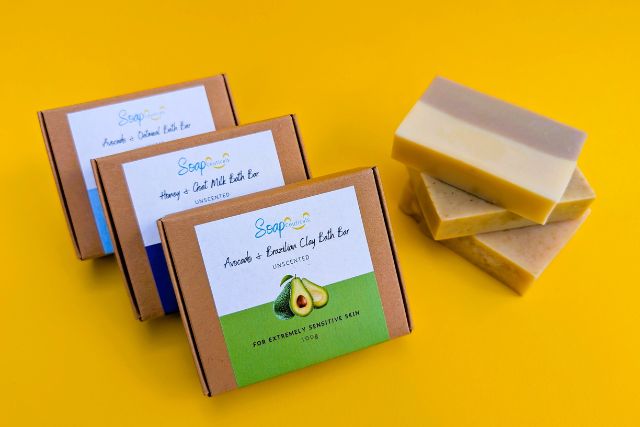
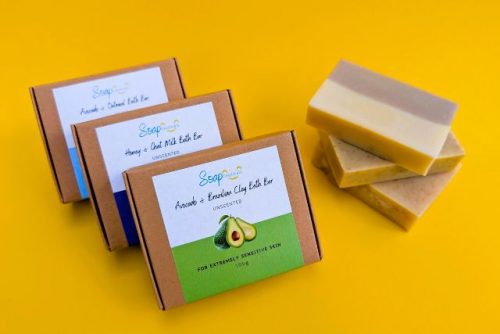














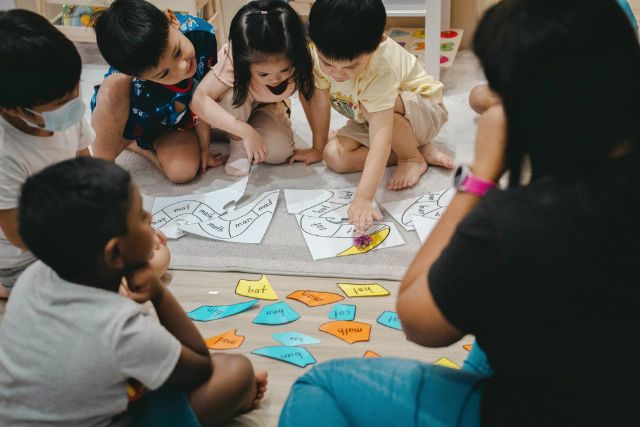



















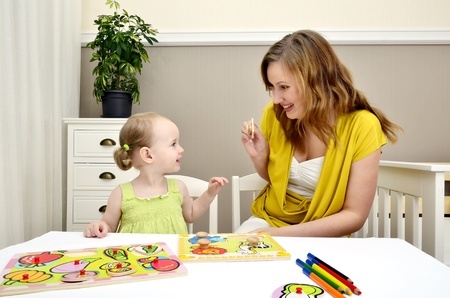





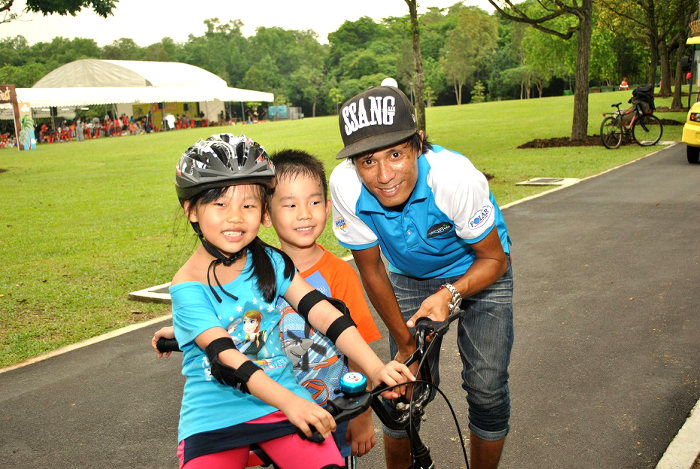

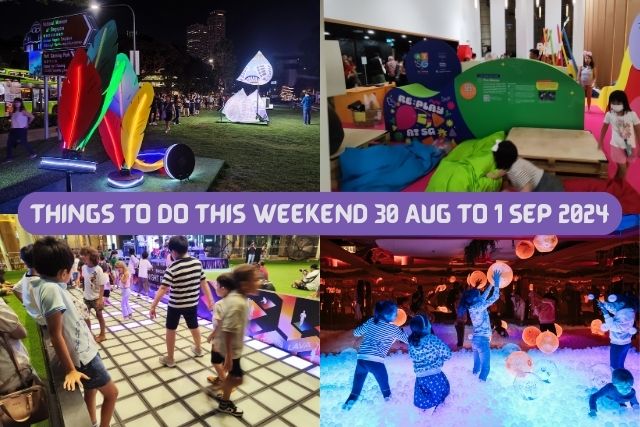








Leave a Comment: